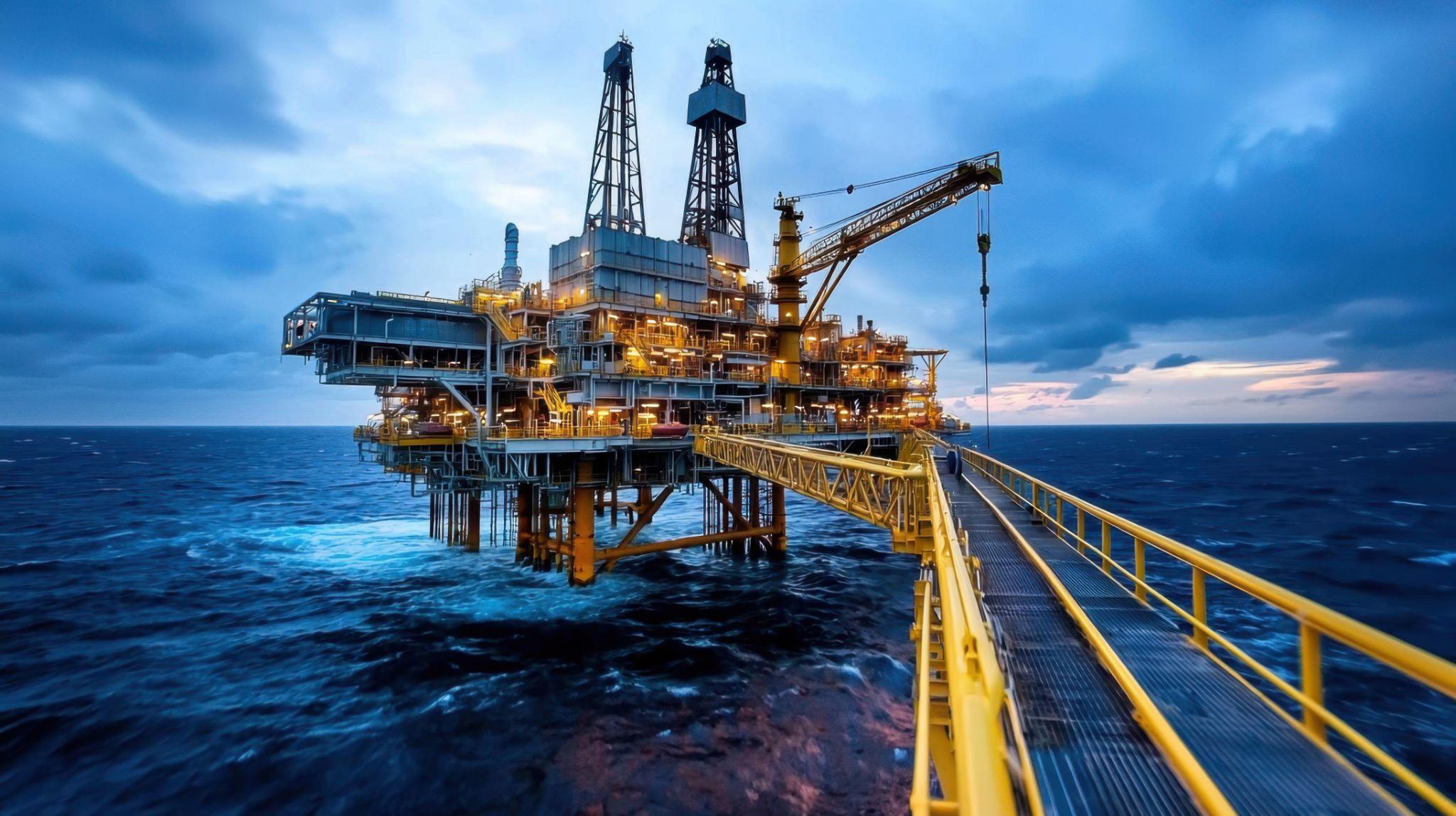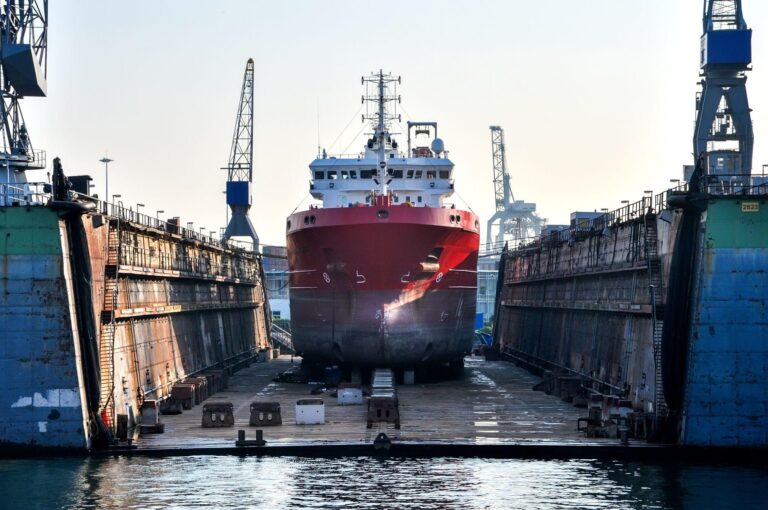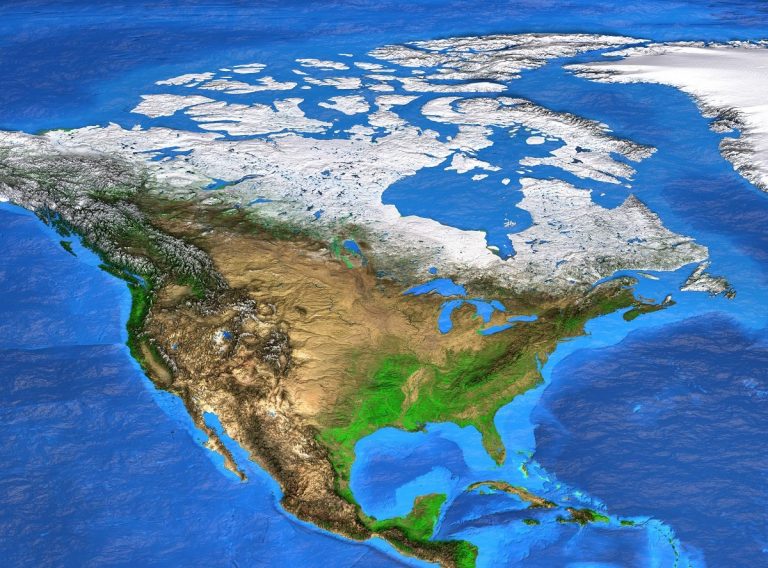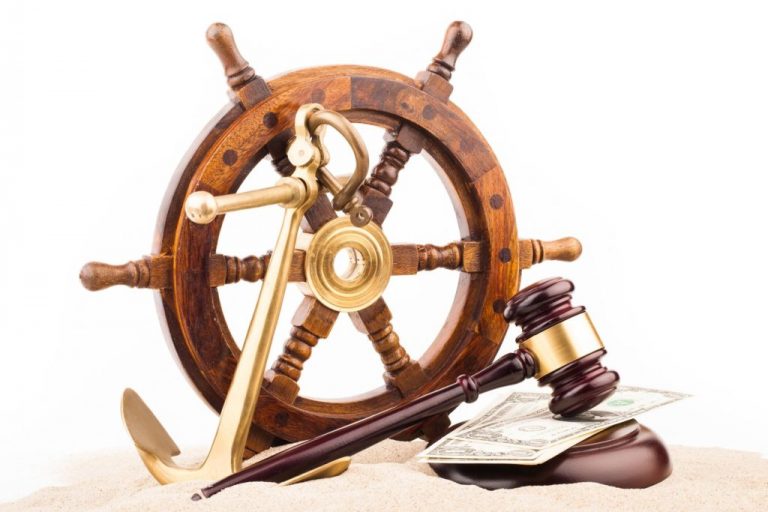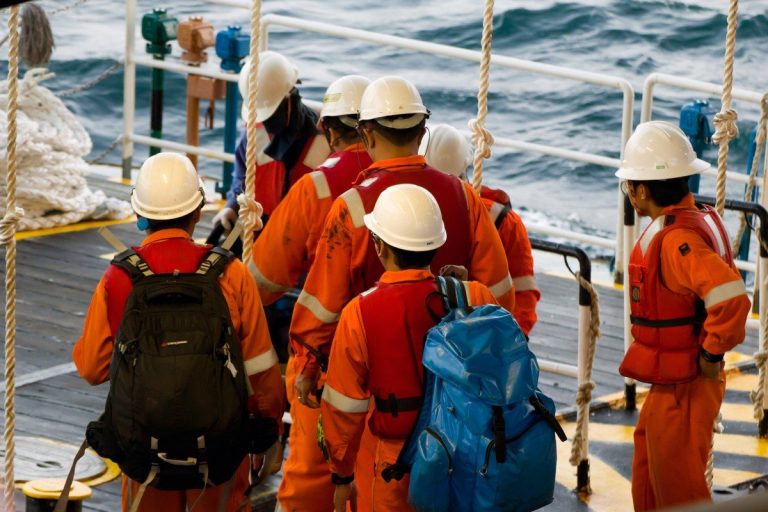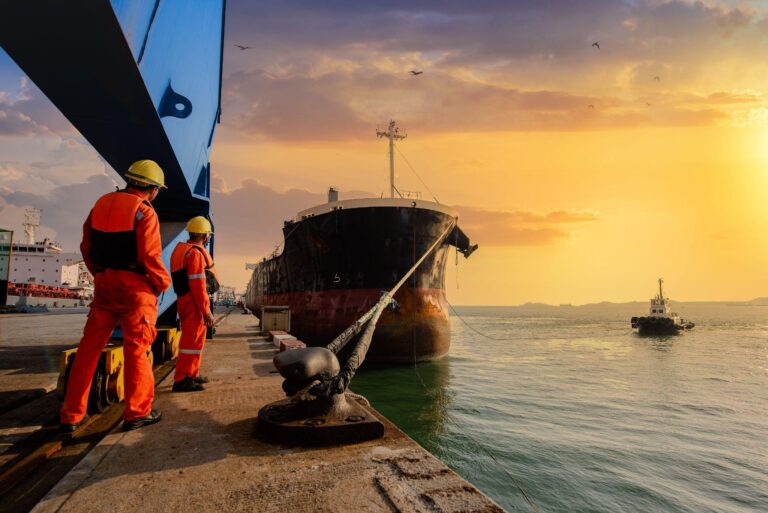Offshore oil rigs are engineering marvels that play a vital role in the global energy supply. Positioned miles out at sea, they extract and process the oil and gas that powers much of the modern world. But despite their importance and technological sophistication, offshore rigs are among the most dangerous work environments on the planet.
One of the most catastrophic hazards that workers face is an oil rig explosion—such an event can lead to mass casualties, severe injuries, environmental devastation, and complex legal battles. Understanding the causes, consequences, and legal implications of offshore oil rig explosions is essential for workers, their families, and the public at large.
The Reality of Offshore Oil Rig Explosions
Oil rig explosions are not merely theoretical risks—they have occurred with devastating consequences. Perhaps the most infamous example is the Deepwater Horizon explosion in 2010, which killed 11 workers, injured dozens more, and caused one of the worst environmental disasters in U.S. history.1 This tragedy highlighted the lethal combination of high-pressure drilling, volatile chemicals, and potential human or mechanical failure.
For the workers aboard these rigs, the stakes are high. Explosions can happen in seconds, leaving no time to escape and few opportunities for survival. The injuries can be life-altering—victims of rig explosions often suffer burns, traumatic brain injuries, fractures, and exposure to toxic chemicals.
Common Causes of Offshore Oil Rig Explosions
To understand how to prevent or respond to these disasters, it’s critical to know what causes them. Here are the most common contributing factors:
1. Equipment Failure
Offshore drilling involves the use of heavy machinery and complex systems such as blowout preventers, drill pipes, and pumps. If even one component fails—due to design flaws, manufacturing defects, poor maintenance, or age—the results can be catastrophic.
2. Blowouts
A blowout occurs when pressure control systems fail to contain oil or gas during drilling operations. Blowouts are highly explosive due to the flammable gases released under high pressure. When safety systems like the blowout preventer fail, the situation can spiral into an uncontrollable inferno.
3. Human Error
In high-risk environments, a single mistake by an oil rig worker can have enormous consequences. Poor training, fatigue, and miscommunication can lead to improper handling of equipment or failure to recognize warning signs, increasing the risk of an explosion.
4. Negligent Safety Practices
Oil companies are legally required to follow strict safety regulations. However, in the pursuit of higher profits and faster production, corners are sometimes cut. This can include ignoring maintenance schedules, bypassing safety protocols, or failing to properly train employees.
5. Hazardous Conditions
Offshore rigs operate in extreme environments. Harsh weather, saltwater corrosion, and constant motion from waves all contribute to equipment wear and tear, which can be dangerous if not proactively addressed.
Consequences of Oil Rig Explosions
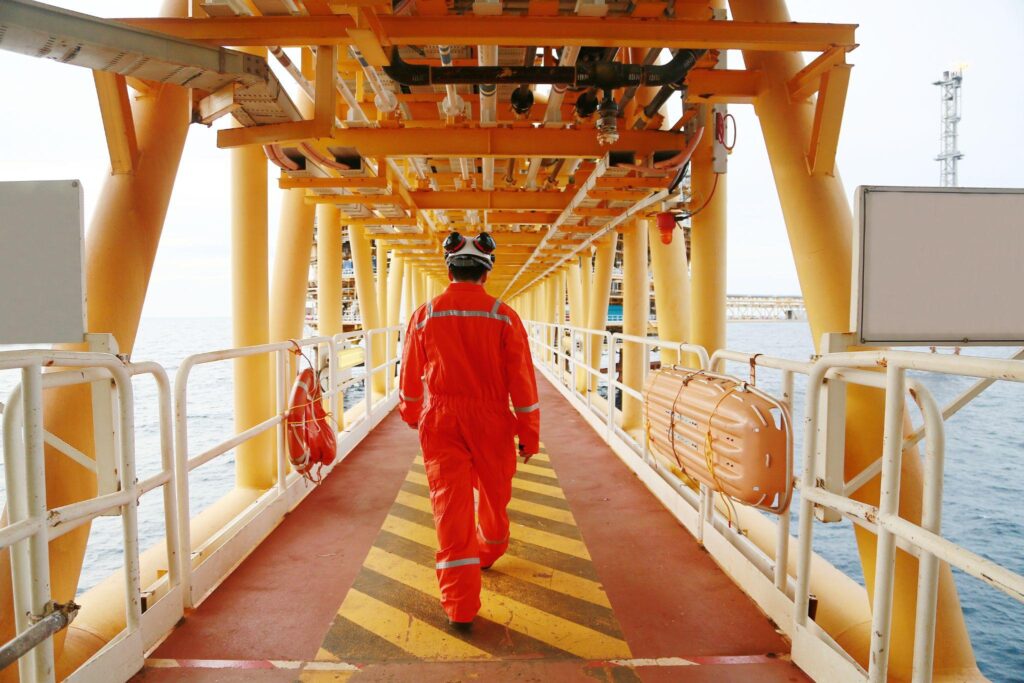
The aftermath of an offshore oil rig explosion can be catastrophic and multi-faceted:
1. Loss of Life and Injury
Explosions often result in fatalities or serious injuries. Oil rig explosion victims may suffer burns, broken bones, amputations, spinal injuries, and other trauma. Survivors frequently face long-term medical care, physical rehabilitation, and psychological issues such as PTSD.
2. Environmental Damage
Explosions often lead to oil spills, contaminating oceans and coastal ecosystems. These spills devastate marine life, destroy fisheries, and cause long-term harm to coastal economies and habitats.
3. Economic Impact
An oil rig explosion disrupts operations, leading to massive financial losses for the company and layoffs for employees. Coastal communities dependent on tourism and fishing can also suffer significant economic downturns.
4. Legal and Regulatory Fallout
Companies involved in explosions often face lawsuits, regulatory investigations, and fines. These proceedings can take years and cost billions, depending on the severity and scope of the incident.
Workers’ Rights and Legal Protections
When a catastrophic offshore oil rig explosion occurs, the human toll is immense—both for injured workers and for families who lose loved ones. Fortunately, there are legal protections in place specifically designed to protect offshore and maritime workers. These laws provide pathways to compensation, medical care, and justice, even when powerful corporations are involved.
Offshore oil rig workers are often covered under federal maritime laws rather than traditional workers’ compensation programs. Understanding which law applies is critical to securing the benefits and protections you are entitled to.
1. The Jones Act
The Jones Act allows offshore workers classified as “seamen” to sue their employer for negligence if they are injured on the job. To qualify, a worker must spend at least 30% of their time on a vessel or working on an oil rig. If employer negligence contributed to the injury—even slightly—the worker may recover damages for medical costs, lost income, pain and suffering, and emotional distress.
2. General Maritime Law
Under general maritime law, injured seamen are entitled to maintenance and cure—payment for living expenses and medical care until they recover or reach maximum medical improvement. These benefits apply regardless of fault, and employers who fail to pay may face additional penalties.
3. Longshore and Harbor Workers’ Compensation Act (LHWCA)
The LHWCA covers maritime workers who don’t qualify as seamen, such as dockworkers or offshore support staff. It provides medical care, wage replacement, disability benefits, and death benefits—without needing to prove employer negligence.
4. Outer Continental Shelf Lands Act (OCSLA)
The OCSLA extends LHWCA protections to workers on offshore platforms engaged in oil and gas development on the Outer Continental Shelf. It ensures access to wage replacement and medical benefits for non-seamen injured while working offshore.
5. Death on the High Seas Act (DOHSA)
When a fatal accident occurs more than three nautical miles from U.S. shores, DOHSA allows surviving family members to seek compensation for financial losses, such as lost income and funeral expenses. However, it does not permit recovery for pain, suffering, or loss of companionship.
Steps to Obtaining Legal Representation After an Offshore Oil Rig Explosion

After an oil rig explosion, victims and their families are often overwhelmed—physically, emotionally, and financially. Amid the chaos, it’s critical to act quickly and decisively to protect your rights. Seeking representation by an oil rig injury lawyer is one of the most important steps in securing the compensation and justice you deserve.
Below is a step-by-step guide to help you navigate the process:
1. Prioritize Immediate Medical Attention
Before engaging legal help, your first priority should always be your health or that of your loved one. Ensure all injuries are thoroughly documented by qualified medical professionals. Keep records of:
- Emergency treatment
- Hospital stays
- Medical diagnoses
- Prescribed medications
- Physical therapy or follow-up appointments
These documents will serve as critical evidence in any legal claim and will help your attorney understand the extent of your injuries and potential long-term impacts.
2. Preserve All Evidence and Documentation
As soon as you are able, begin collecting and preserving evidence related to the incident. This includes:
- Photographs of injuries, the scene (if available), and equipment involved
- Copies of accident reports filed with the employer or rig operator
- Names and contact information of witnesses or coworkers
- Communications from the company or insurers (emails, texts, letters)
- Pay stubs, employment contracts, or documentation of lost wages
Don’t assume the company will keep or share this information with you—they are protecting their own interests, not yours.
3. Avoid Speaking to Company Lawyers or Insurers Without Legal Advice
After a serious incident, oil companies and their insurers will often act quickly to limit liability. You may be approached by:
- Company investigators
- Insurance adjusters
- Corporate attorneys
- Human resources representatives
Tips for Finding an Experienced Maritime Lawyer
To find the right oil rig explosion attorney for your case:
- Get Referrals: Ask coworkers, unions, or support groups for trusted recommendations.
- Research Online: Look for firms that specialize in maritime or offshore injury law.
- Check Credentials: Verify licensing and bar membership through your state bar association.
- Review Case Results: Look for experience with Jones Act, LHWCA, or offshore explosion cases.
- Read Reviews: Check independent platforms like Avvo or Google for client feedback.
- Ask the Right Questions: In consultations, ask about fees, trial experience, and case strategy.
- Get It in Writing: Make sure the contingency fee structure is clearly explained in a written agreement.
- Act Quickly: Statutes of limitations apply to most maritime injury cases.
Knowing Your Rights Is the First Step Toward Justice
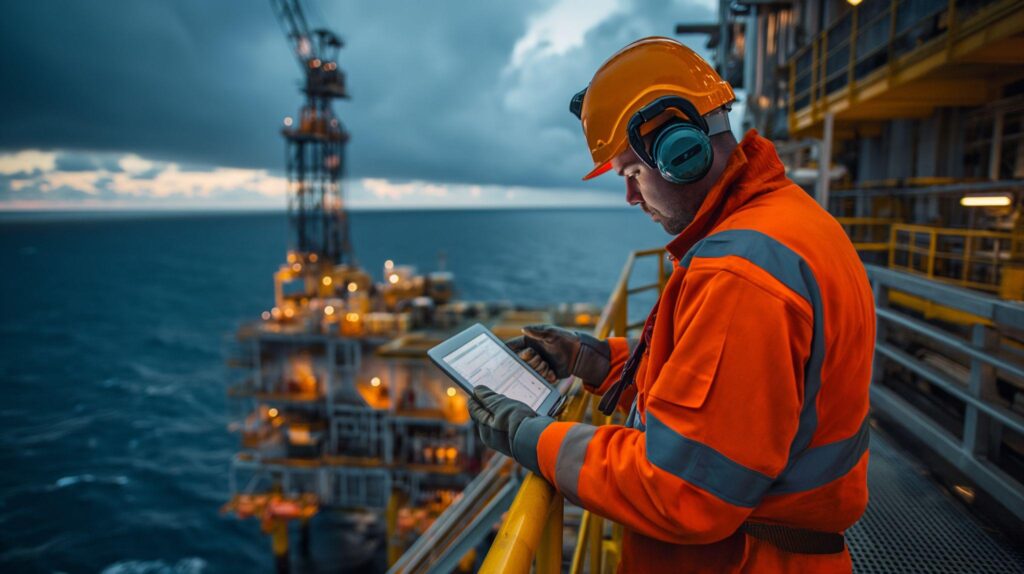
Legal protections for oil rig workers are robust, but the path to compensation is not always straightforward. Employers and their insurers often attempt to downplay injuries, deny responsibility, or pressure victims into accepting inadequate settlements. That’s why securing experienced legal representation is critical.
An attorney familiar with maritime and offshore injury law can:
- Determine which laws apply to your specific situation.
- Gather evidence and expert testimony.
- Handle negotiations with employers and insurance companies.
- Take the case to court if necessary.
Most importantly, a seasoned lawyer ensures you receive the maximum compensation allowed under the law—not just for your injuries, but also for the long-term impact on your life, career, and family.
Consult with Our Oil Rig Explosion Attorneys
Injured while working offshore? You may be entitled to vital benefits under maritime law, including maintenance and cure—covering your medical bills and daily living expenses. Don’t let your employer deny you the support you deserve.
Our experienced maritime lawyers are here to fight for you and the compensation you need to recover. Time is critical—call 800-836-5830 today for a free, no-obligation case review. Your road to justice starts now.
- U.S. Environmental Protection Agency. Deepwater Horizon – BP Gulf of America Oil Spill.

